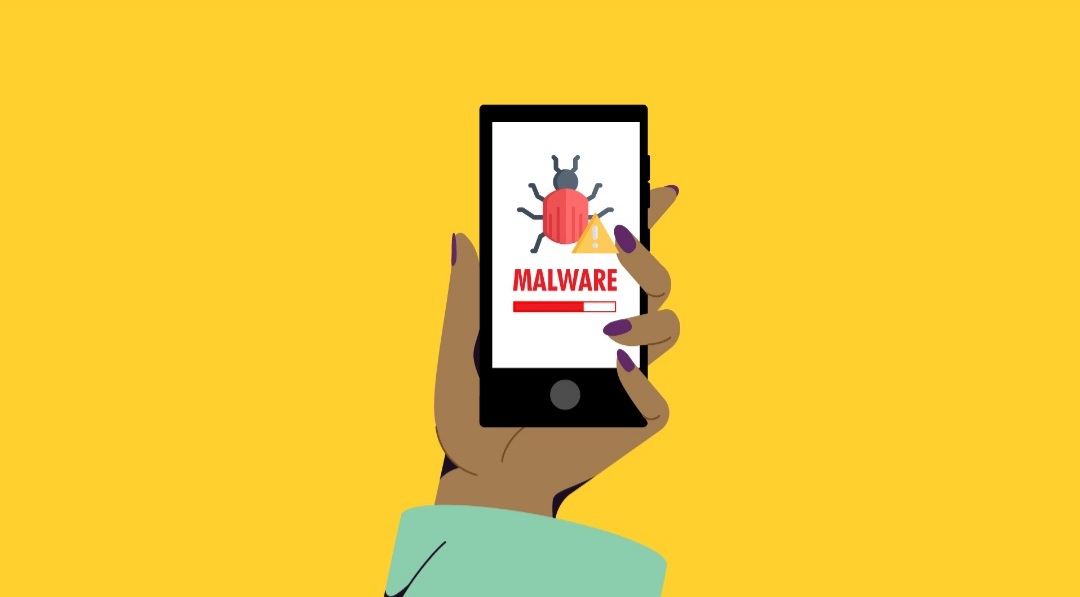Technology
How to Protect Your Smartphone from Malware and Data Breaches

Our smartphones have evolved into all-encompassing digital companions. They hold our photos, messages, banking information, social media, and so much more sensitive data. With increasing reliance on them, our phones have also become tempting targets for hackers and malicious software. Let’s delve into simple yet highly effective ways to safeguard your smartphone and your data.
Understanding the Threats
- Malware: Short for “malicious software,” refers to various harmful programs like viruses, spyware, and ransomware designed to steal your information, damage your phone, or disrupt its operation.
- Data Breaches: These occur when sensitive information is stolen or exposed due to inadequate security practices by companies or organizations that store your data.
Essential Security Measures
- The Basic Defense: Lock Your Phone Use a strong password, PIN, pattern, or even better, biometric authentication (like fingerprint or facial recognition) to prevent unauthorized access. Even if your phone is lost or stolen, this layer of protection is crucial.
- Stay Updated: System and Apps Software updates frequently include crucial security patches that fix vulnerabilities hackers exploit. Make sure your phone’s operating system (iOS or Android) and apps are always updated to the latest versions.
- Be App-Savvy
- Stick to official app stores (Apple App Store, Google Play Store) – They have vetting processes to reduce the risk of downloading malicious apps.
- Research apps before downloading: Check reviews and the developer’s reputation.
- Be cautious about the permissions apps request. If an app seems to be asking for more access than needed, reconsider installing it.
- Embrace Antivirus Protection Reputable antivirus software for smartphones scans for malware, blocks harmful websites, and can even help locate a lost or stolen device.
- Beware of Phishing Attacks Don’t click on suspicious links in text messages, emails, or social media posts. Phishing scams try to trick you into revealing sensitive information or downloading malware. If something seems off, delete it.
- Mind Your Public Wi-Fi Habits Public Wi-Fi networks often lack security. Avoid banking or entering sensitive information while using them. If you must, use a VPN (Virtual Private Network) to encrypt your data traffic.
- Back It Up! Regularly back up your phone’s data to the cloud or a computer. This lifesaver allows you to restore it if your phone is lost, stolen, or compromised.
- Lost or Stolen Phone? Act Fast! Most smartphones have “Find My” features. Use these to remotely locate, lock, or even wipe your phone if it falls into the wrong hands.
Additional Tips
- Two-Factor Authentication (2FA): This adds an extra layer of security to your online accounts (email, banking, etc.). It requires both a password and a code generated by an app or sent to your phone, making breaches much harder.
- Password Hygiene: Use strong, unique passwords for every account. A password manager can help generate and store these.
- Bluetooth Awareness: Turn off Bluetooth when not in use to reduce opportunities for hackers to connect to your device.
Staying Vigilant is Key
Mobile security isn’t a one-and-done task. It’s about smart habits, awareness of the latest threats, and taking proactive measures. By following these guidelines, you significantly reduce the risk of malware infections and data breaches, keeping your digital life secure.



